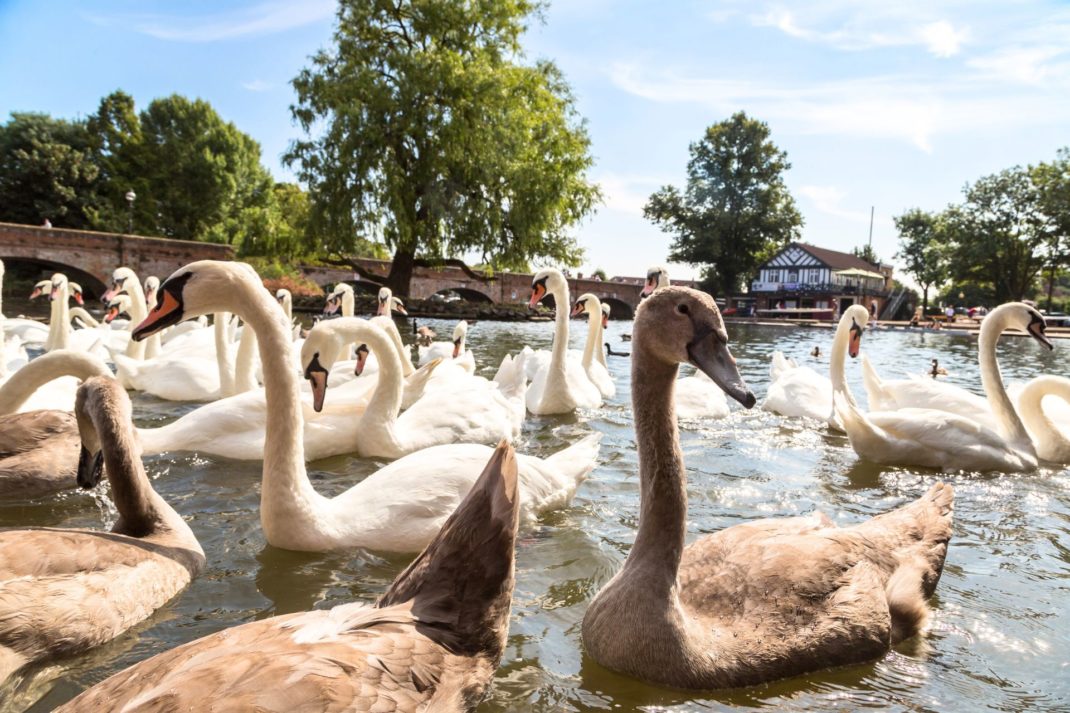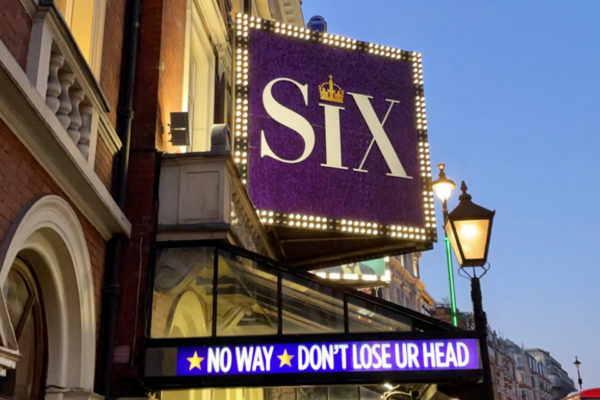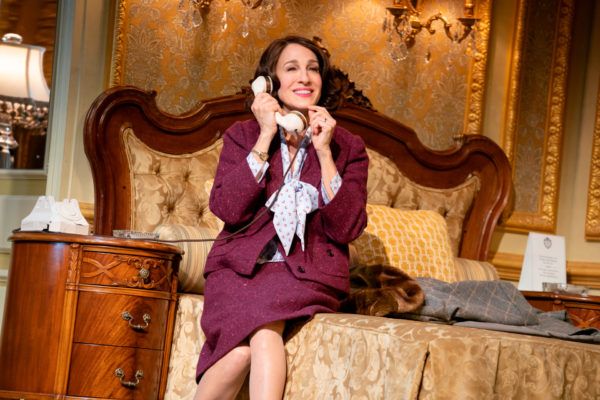Dodie Smith’s Interwar Play At The National Theatre: Dear Octopus Review
By
1 year ago
The National Theatre has revived this 1938 comedy
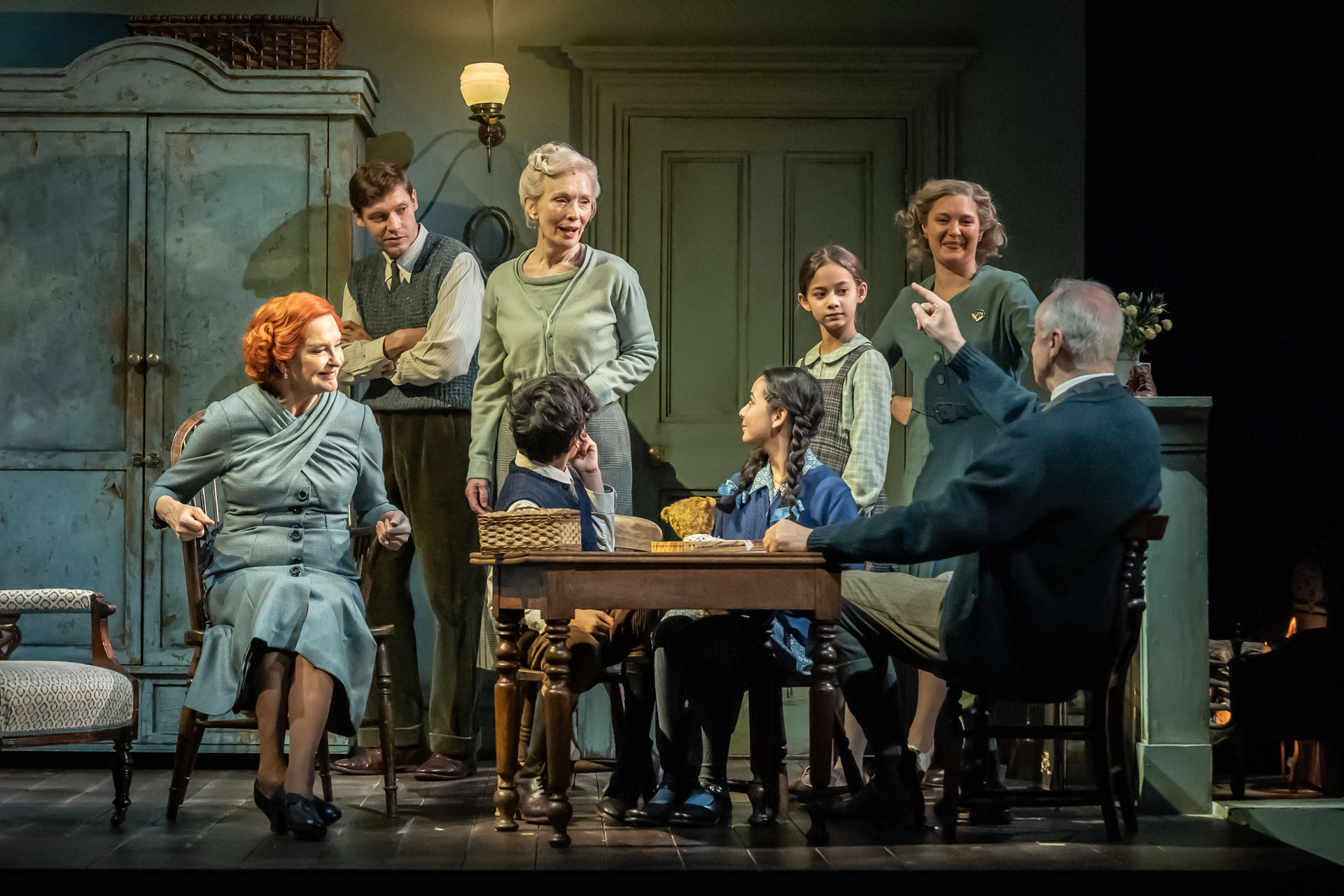
Wondering what’s new in the world of theatre? Caroline Phillips reviews the National Theatre’s Dear Octopus, a comedy written by Dodie Smith in 1938.
Theatre Review: Dear Octopus
The National Theatre has just revived the 1938 comedy, Dear Octopus. By Dodie Smith — better known for 101 Dalmations and I Capture the Castle than for this once popular interwar play — it’s about a golden wedding anniversary celebrated in a large middle-class house by four generations of the same family. And a drama about what it’s like to return as an adult to your (unchanged, still gaslit) family home, when the world is on the brink of change, with war looming.
The ‘octopus’ reference alludes to the tentacles of family relationships: the ones from which we never escape and, according to Smith, never really wish to. ‘I’m crazy about large families,’ gushes a new family member in Dear Octopus. ‘That,’ retorts her husband, ‘is because you’re an only child.’
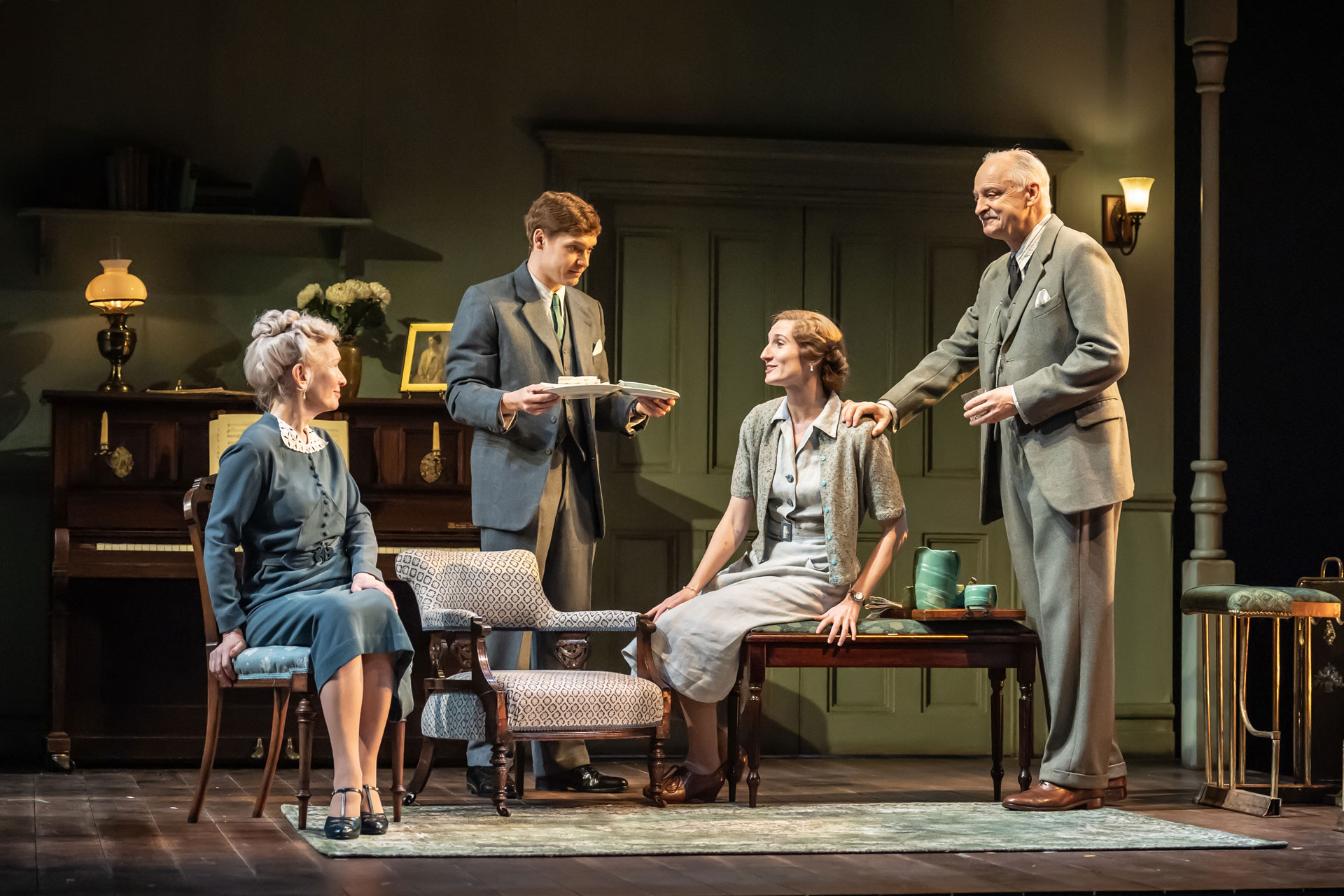
Credit: Marc Brenner
Nothing much happens over the two hours 45 minutes, including an interval, that the play runs. But there are several interrelated plot lines including the return of the family’s prodigal daughter, Cynthia after a seven-year, self-imposed exile (ashamed about her secret, adulterous partnership) in Paris; the marriage between author manqué Charles Randolph and his wife Dora, still in love after 50 years; and the gauche comings and goings of bachelor Nicholas as he moves (is he romantically interested? Isn’t he?) towards his mother’s live-in companion Fenny.
The play encompasses themes from memory and family dynamics to aging — the last delivered in a particularly entertaining way. Watch out for the hilarious and catty, nervous re-encounter of Dora with Aunt Belle, played by Kate Fahy, who refuses to grow old.
Originally performed in 1939 with John Gielgud, we get instead our five-star performance from Lindsay Duncan as Dora, the matriarch who always finds ‘little jobs’ for everyone in the house, and is beautiful, compelling, gracious and waspish. Her husband Charles (Malcolm Sinclair) has presence. Bessie Carter — daughter of Downtown Abbey daddy, Jim, and Queen mummy, Imelda Staunton — draws our sympathies as Fenny, the lady’s maid who is in love with naïve Nicholas, son of the house, played entertainingly by Billy Howle. Bill, a child, is acted mischievously well by Felix Tandon. It’s directed by Emily Burns of Jack Absolute Flies Again.
The peephole Dear Octopus provides into a bygone era — of nanny, who’s been there in service for decades, and Dora who has a lady’s companion — is enjoyable. But the play feels dated — although its vocabulary (‘crikey’ etc) along with the manners of the children (with names such as Scrap and Flouncy) are delightfully nostalgic.
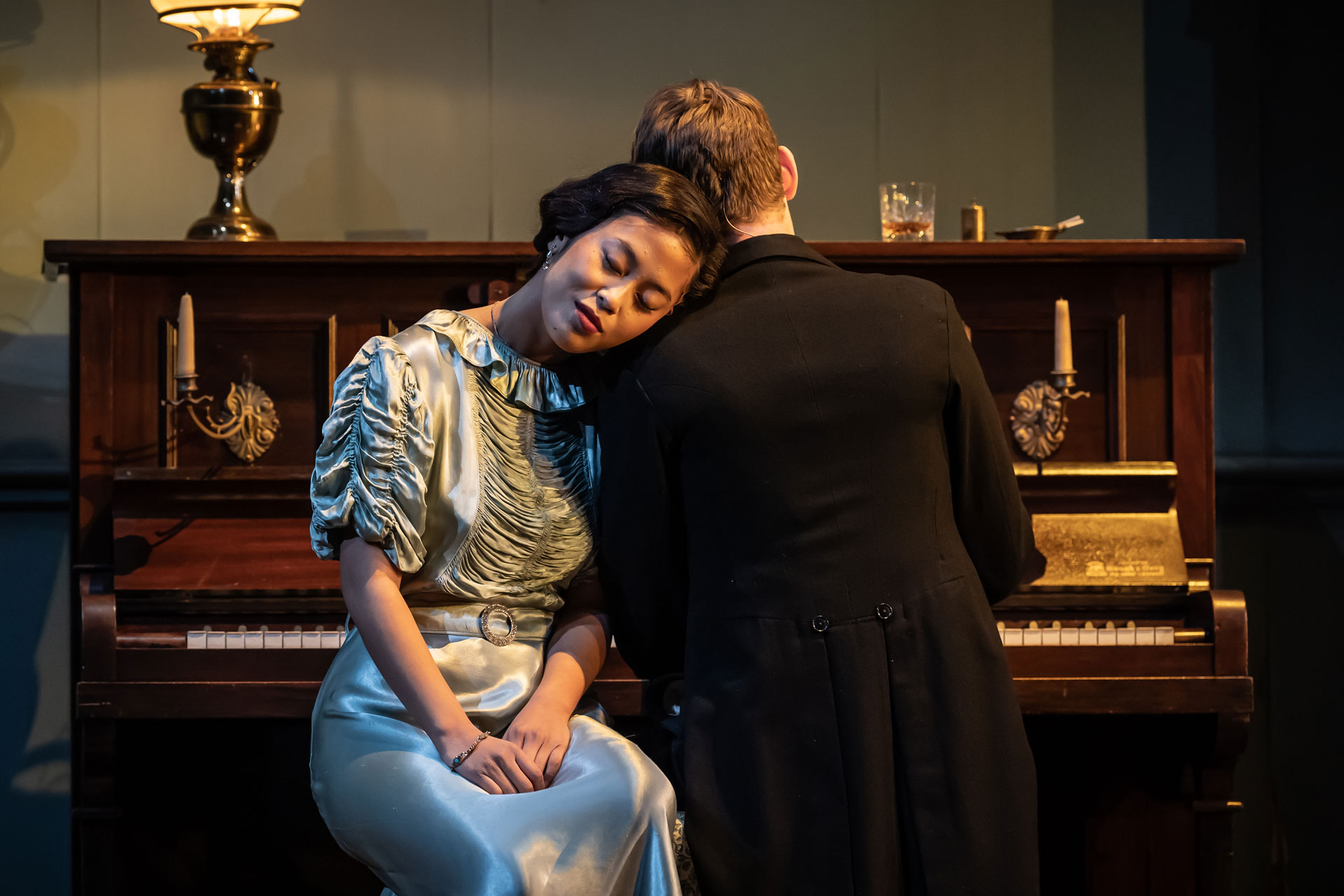
Credit: Marc Brenner
Frankie Bradshaw’s set is eye-catching as the house walls lift in the air to make a new room or the stage revolves to provide a different space — from parlour to nursery and dining room — although the significance of the empty picture frames is unclear. (Do they symbolise family lost in the War, the ghosts of the past? Are they to denote how members of this clan recall and see their childhoods in a different way? Haunted by the family they once were?). And the costumes are mostly an attractive sea of green, the significance of which colour is also unclear.
The play lacks dramatic tension, and the first half, despite some funny lines that raise laughs, stumbles along slowly. (That’s also partly because it’s so long.) The second half nips along at a brisker pace. But it’s an uneven piece of writing — it takes me a while to manage to identify all the characters; Dora’s forgiveness towards Cynthia in the second act comes out of left field; plus marrying off Nicholas and Fenny is too neat and easy an ending. I’m also left wondering: is there a timely message in this drama to help us with our contemporary challenges, as we sit on the brink of a possible world war? I’m not sure there is.
Catch Dear Octopus at the Lyttelton Theatre in the National Theatre. Running until 27 March 2024. nationaltheatre.org.uk

